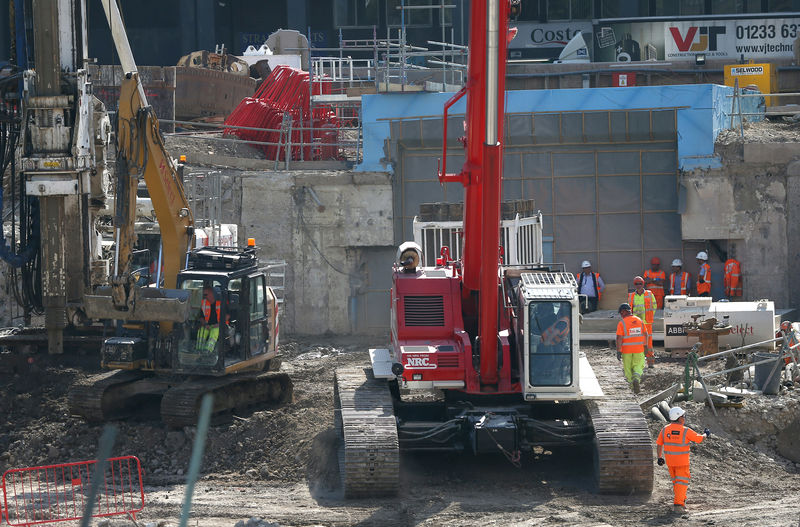LONDON (Reuters) - British employers' demand for staff rose in November at the slowest rate in more than a decade, adding to signs of a waning jobs market ahead of Brexit and next week's general election, a survey of recruiters showed on Friday.
Monitored by the Bank of England, the index of demand for staff from the Recruitment and Employment Confederation (REC) and accountants KPMG fell to 51.4 in November, its lowest since September 2009, from 51.6 in October.
Last month, two out of nine BoE interest-rate setters unexpectedly voted to cut interest rates, citing signs that the labor market - the bright spot of Britain's economy since the Brexit vote - may now be starting to weaken.
Friday's REC report showed permanent job placements fell for an ninth month running, chiming with official data which has shown job creation waning.
"The uncertainty around the upcoming election and Brexit outcomes are playing havoc with the UK jobs market, as clearly employers and job-seekers are taking a wait-and-see approach before committing to growth or movement," James Stewart, vice chair at KPMG, said.
The survey showed starting salaries for permanent staff rose in November at the slowest rate since December 2016. For temporary staff, it was the weakest reading since November 2016.

In its latest forecasts for the economy, the BoE said pay growth in Britain was likely to cool off a little in the coming year, after recently hitting its highest in more than a decade.